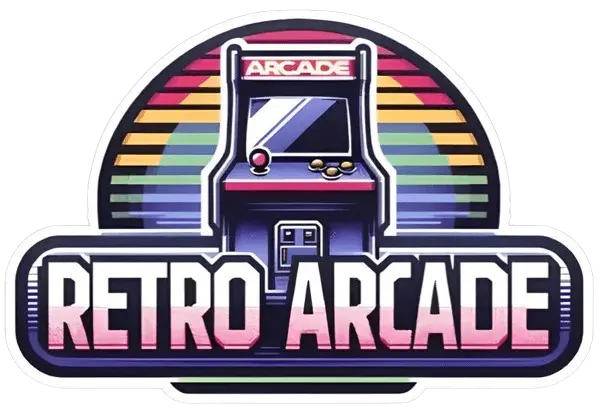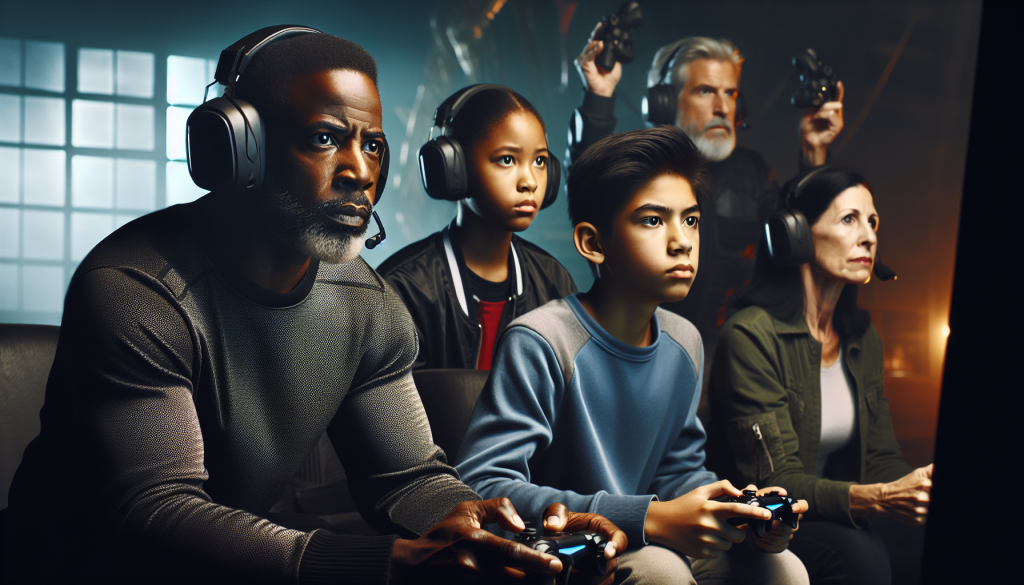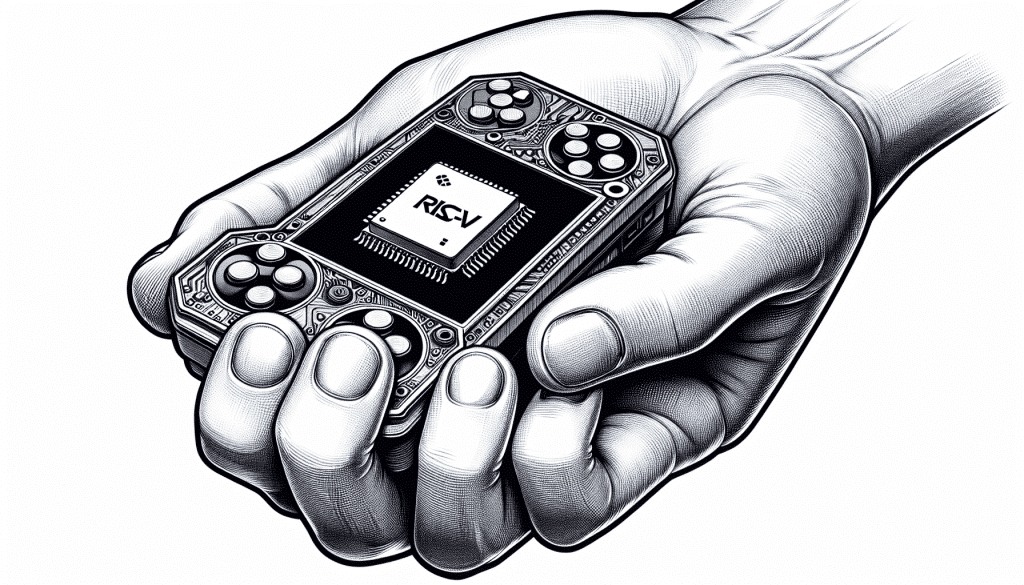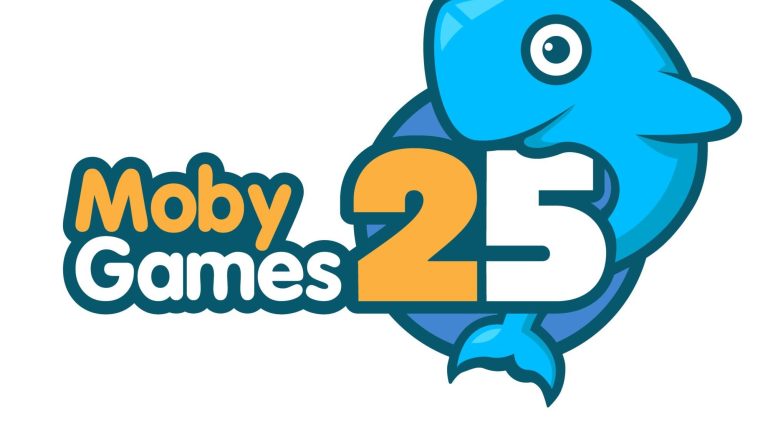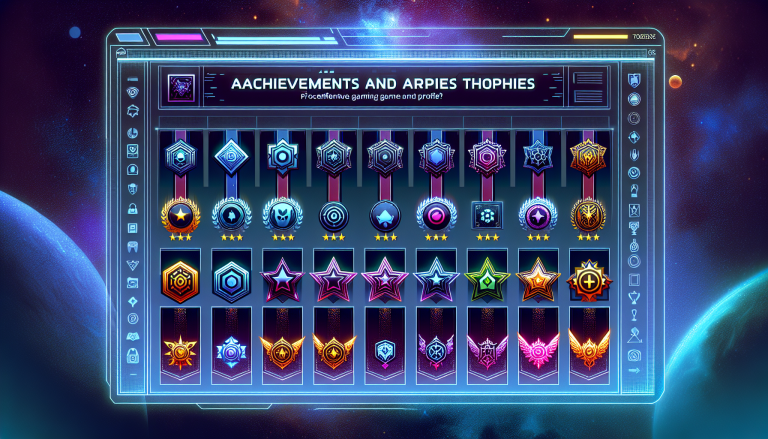The Power of Nostalgia: Unraveling the Appeal of Retro Games
Remember the days of playing Super Mario Bros. on your old Nintendo console? Or perhaps you have fond memories of battling it out in Street Fighter II at the local arcade. These classic games from the past hold a special place in our hearts and continue to captivate gamers of all ages. But what is it about retro games that makes them so appealing?
One word: nostalgia. The feeling of nostalgia can be incredibly powerful, evoking a sense of warmth and longing for the past. It’s that feeling you get when you stumble upon an old photo album or hear a song from your childhood. And retro games have the unique ability to transport us back in time, triggering a flood of memories and emotions.
Psychologists have long studied the impact of nostalgia on our well-being, and the findings are fascinating. Research suggests that engaging with nostalgic experiences can boost our mood, increase self-esteem, and provide a sense of continuity and meaning in our lives. In other words, playing retro games can actually make us feel good.
The Emotional Attachment and Personal Memories of Retro Games
One of the reasons retro games hold such a special place in our hearts is the emotional attachment we have to them. These games were often a significant part of our childhood or teenage years, and we associate them with specific memories, people, and experiences.
For example, playing a game like The Legend of Zelda may remind you of lazy summer afternoons spent exploring Hyrule with your best friend. Or firing up Sonic the Hedgehog could transport you back to the excitement of your first gaming console.
These personal memories create a deep connection to retro games, making them more than just a form of entertainment. They become a part of our identity, a reminder of who we were and the experiences that shaped us.
Timeless Gameplay and Immersive Experiences
Another reason for the enduring popularity of retro games is their timeless gameplay and immersive experiences. Unlike some modern games that rely heavily on realistic graphics and complex mechanics, retro games often have simple yet addictive gameplay that stands the test of time.
Think about classics like Tetris or Pac-Man. The basic premise of these games is easy to understand, yet they offer endless challenges and opportunities for improvement. They are easy to pick up and play, providing instant gratification and a sense of accomplishment.
Moreover, retro games often had a unique charm and creativity that is hard to replicate. From the pixelated graphics to the catchy soundtracks, they possess a certain magic that transports us to a simpler time in gaming history.
Escapism and Familiarity
In a fast-paced and ever-changing world, retro games offer a sense of escapism and familiarity. They provide a comforting escape from the stresses of everyday life, allowing us to lose ourselves in a simpler and more nostalgic era.
Returning to the worlds of retro games can feel like revisiting familiar territory, where the rules are known, the challenges are familiar, and the outcomes are nostalgic. This familiarity brings a sense of comfort and security, providing a much-needed respite from the uncertainties of the present.
So, whether you’re a seasoned gamer or someone looking to explore the world of retro gaming, don’t underestimate the power of nostalgia. Embrace the joy of revisiting your favorite classics and reliving the magic of a bygone era. You may just find yourself rediscovering a love for retro games that never truly faded away.
Emotional Attachment and Personal Memories: Exploring the Psychological Impact of Retro Games
Do you remember those days when you spent hours huddled in front of your TV, joystick in hand, navigating through pixelated worlds and defeating virtual enemies? If so, you’re not alone. Retro games have a remarkable ability to create emotional attachments and evoke personal memories that can last a lifetime. Let’s dive into the fascinating psychological impact of these nostalgic classics.
One of the main reasons why retro games hold such a special place in our hearts is their ability to trigger strong emotional responses. These games often remind us of simpler times, when life seemed less complicated, and our biggest worry was how to beat a challenging level. In a world that is constantly changing and evolving, retro games provide a comforting sense of nostalgia that allows us to revisit cherished memories and relive moments from our past.
Psychologists suggest that the emotional attachment we form with retro games can be attributed to the power of association. When we play these games, we are transported back to a particular time in our lives, and all the emotions and experiences associated with that period come rushing back. This can be especially powerful for individuals who grew up playing these games, as they are likely to have a wealth of personal memories tied to them.
Moreover, retro games have a unique way of connecting us with our younger selves. They serve as a reminder of our hopes, dreams, and aspirations during our formative years. Whether it’s the excitement of discovering a hidden pathway or the thrill of achieving a high score, retro games tap into our sense of achievement and remind us of the joy and wonder we experienced as children.
But the impact of retro games goes beyond mere nostalgia. Studies have shown that playing these games can have positive effects on our mental well-being. They can serve as a form of escapism, allowing us to temporarily disconnect from the stresses of daily life and immerse ourselves in a simpler, more enjoyable world. This break from reality can be incredibly rejuvenating and can help reduce feelings of anxiety and stress.
Retro games also provide a sense of familiarity and comfort. In a world where technology is constantly evolving, it’s easy to feel overwhelmed and disconnected. However, retro games offer a sense of stability and reliability. We know what to expect when we play these games, and they provide a sense of consistency in an ever-changing world.
So, the next time you dust off that old console or fire up an emulator to play your favorite retro game, remember that you’re not just indulging in a fun pastime. You’re tapping into a wealth of emotions and personal memories that make these games truly special. Whether it’s the rush of nostalgia, the sense of achievement, or the opportunity to escape from reality, retro games have a profound impact on our psychological well-being.
